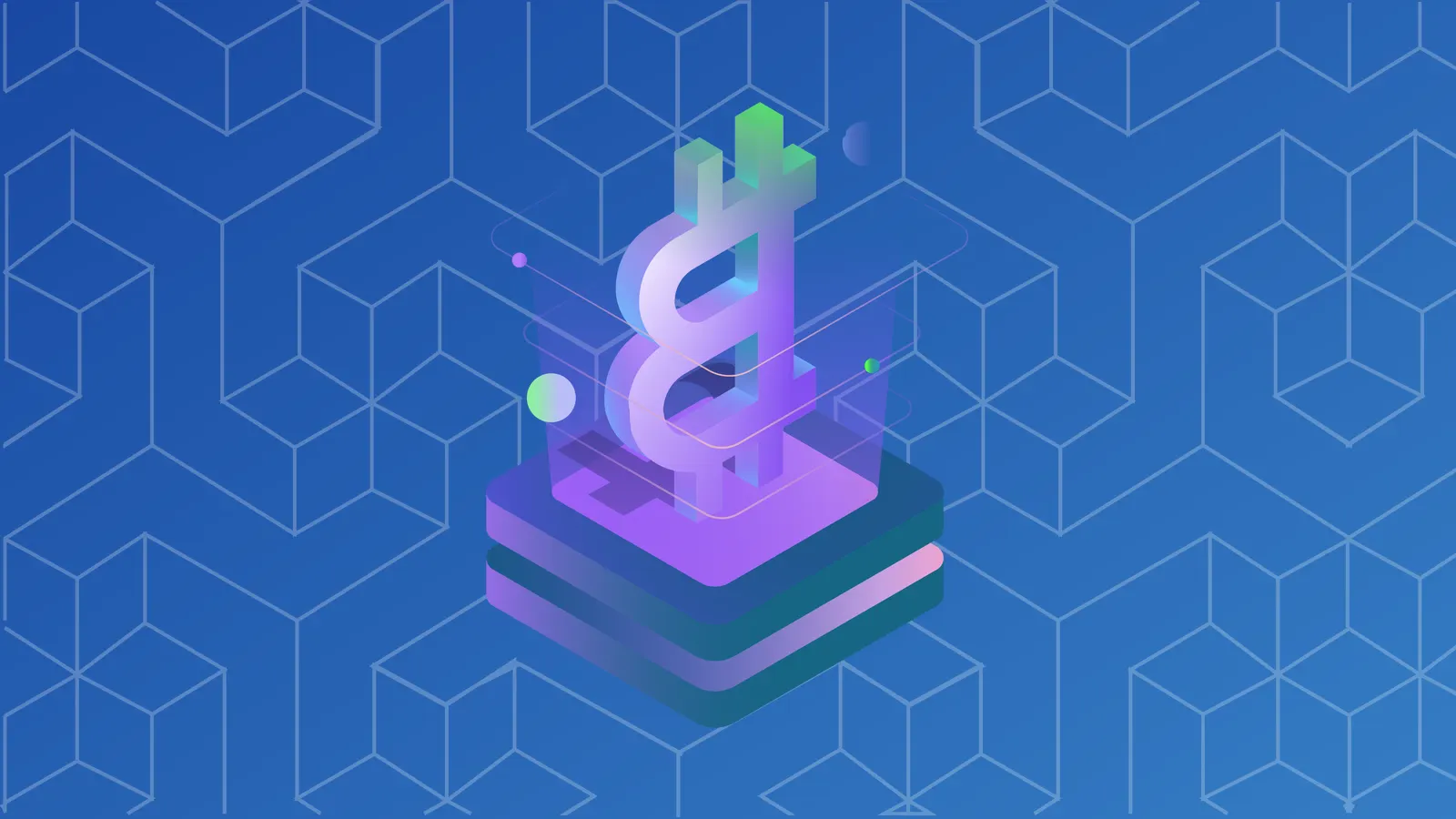Bitcoin was designed so that no one group or person could control it. Bitcoin’s decentralized design has many advantages, but things can get tricky when there are disagreements with the community about the best way forward.
Such disagreements have led to more than 100 Bitcoin forks.
Not all of those forks have led to new networks, but of those that have, Bitcoin Cash is probably the best known.
What is Bitcoin Cash?
Bitcoin Cash is a modified version of Bitcoin that runs on its own blockchain network. It works in almost the same way as Bitcoin, but there are several key differences.
The largest difference is block size, or how much transaction information a single block on each chain can handle.
On the Bitcoin network, each block is 1 MB in size. Immediately after the Bitcoin Cash fork, the Bitcoin Cash block size was 8 MB, eight times bigger than on the Bitcoin network. In May 2018, Bitcoin increased its block size again, this time to 32 MB.
This means that Bitcoin Cash can now process 32 times as much information per block as Bitcoin can. As a result, Bitcoin Cash transactions tend to be faster and have lower fees. Security may be lower on the Bitcoin Cash network, though, as less mining power goes into mining each Bitcoin Cash block.
Did you know?
Bitcoin Cash is sometimes abbreviated to Bcash.
Who invented it?
The idea for Bitcoin Cash was put forward by a group of Bitcoin developers. However, the person most directly connected to the currency today is Roger Ver, an early Bitcoin adopter and investor.
A brief history
- June 2017 - A group of developers and miners on Bitcoin put forward a proposal called Bitcoin ABC, which wanted to increase the block size.
- July 2017 - Not everyone agreed on the proposed change.
- August 2017 - Bitcoin hard forks, leading to the creation of Bitcoin and Bitcoin Cash.
- March 2018 - Bitcoin Cash payments accepted on BitPay.
- May 2018 - Bitcoin Cash increased block size from 8 MB to 32 MB.
- November 2018 - Bitcoin Cash went through another hard fork, to create Bitcoin Cash and Bitcoin SV.
- November 2020 - Bitcoin Cash forked a third time, this time to Bitcoin Cash Node (BCHN) and Bitcoin Cash ABC (BCHA), and Bitcoin Cash Node went on to be called Bitcoin Cash (BCH).
- June 2021 - SmartBCH, a Bitcoin Cash sidechain, was launched.
- May 2023 - Integration of Cashtokens, Allow Transactions to be smaller, P2SH32, Restrict Transaction Versions.
- June 2023: EDX, the digital asset exchange backed by Wall Street giants Fidelity, Citadel and Charles Schwab, announces it will list BCH
What’s so special about it?
Bitcoin Cash shares many of the same features as Bitcoin, but has faster transaction times and lower fees. Though Bitcoin might be better known, Bitcoin Cash has supporters who believe that Bitcoin Cash is closer to the original purpose and vision of the Bitcoin project.
Did you know?
Bitcoin Cash was the first successful fork in Bitcoin, and it remains the one with the highest market cap except for Bitcoin itself.
How is Bitcoin Cash produced?
Bitcoin Cash, because it shares the same background as Bitcoin, is produced in the same way. Miners compete to solve complex mathematical puzzles through a proof-of-work process.
How does it work?
It operates in much the same way as Bitcoin—the only differences for users are that the Bitcoin Cash network can verify transactions more quickly than Bitcoin, and it typically charges lower fees.
You need a Bitcoin Cash wallet to send and receive the currency, and it can be used to pay for a variety of goods and services.



